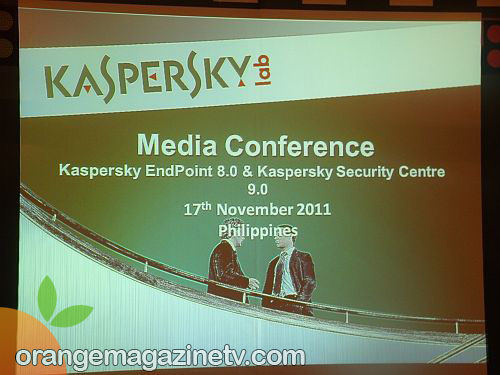
The enterprise sector in the Philippines has been seeing an alarming number of malicious attacks in their networks. However, many do not report this due to fears or repercussions from business partners and customers that they are not entirely secure against hackers and creators of malware.
Statistics on malicious attacks in the Philippines are hard to come by, largely because many victims do not report these attacks to authorities. Even more alarming is that some victims do not know that they are already being attacked, with their valuable company information being passed on undetected to cybercriminals.
Concerns of cybercrime in the Philippines
Suk Ling Gun, Corporate Sales Director for Kaspersky Lab Asia says that any country in Asia that has a population of Internet users will always be targets for cybercriminals. The Philippines is no exception and Filipino companies are always under threat of having their most important data stolen.

“These problems are real and they could get worse especially when businesses expand their operations. They become more enticing targets to hackers,” says Gun.
A report by the Philippine National Police–Anti-Transnational and Cyber Crime Division (PNP-ATCCD) showed an alarming number of cyberattacks on individuals, corporations and even government offices. These attacks vary from simple website defacement, to fraud using Facebook and Twitter, identity theft of credit cards, and even harassment through email or mobile phones.
According to PNP-ATCCD Police Inspector Felizardo Eubra, Jr., there were 109 cases of various forms of digital attacks as of the end of November 2011, up from just 72 in 2010. He stresses that these numbers are only the ones that have been reported either because the victims fail to do so or are not even aware that they are being victimized.
“There are still that go unreported. This is just the tip of the iceberg. No one is safe from these types of attacks, more so if you’re a company because attackers will target those that they see as more lucrative especially because of the information they keep,” according to Eubra.
Kaspersky’s solution:


2 Comments
1
sitenizde yer alan bilgiler cok kaliteli